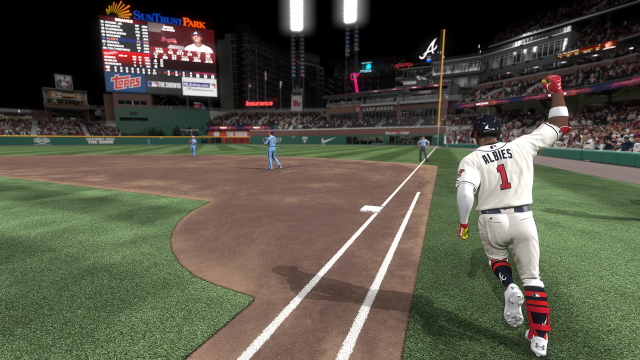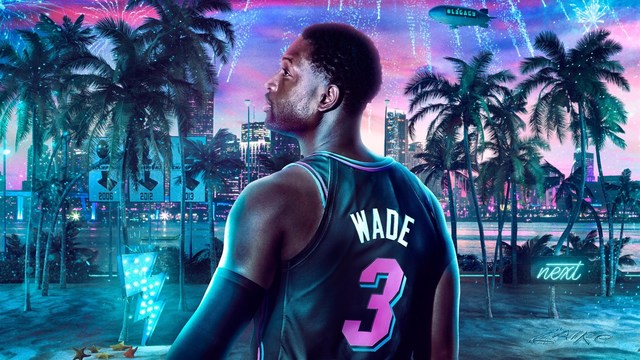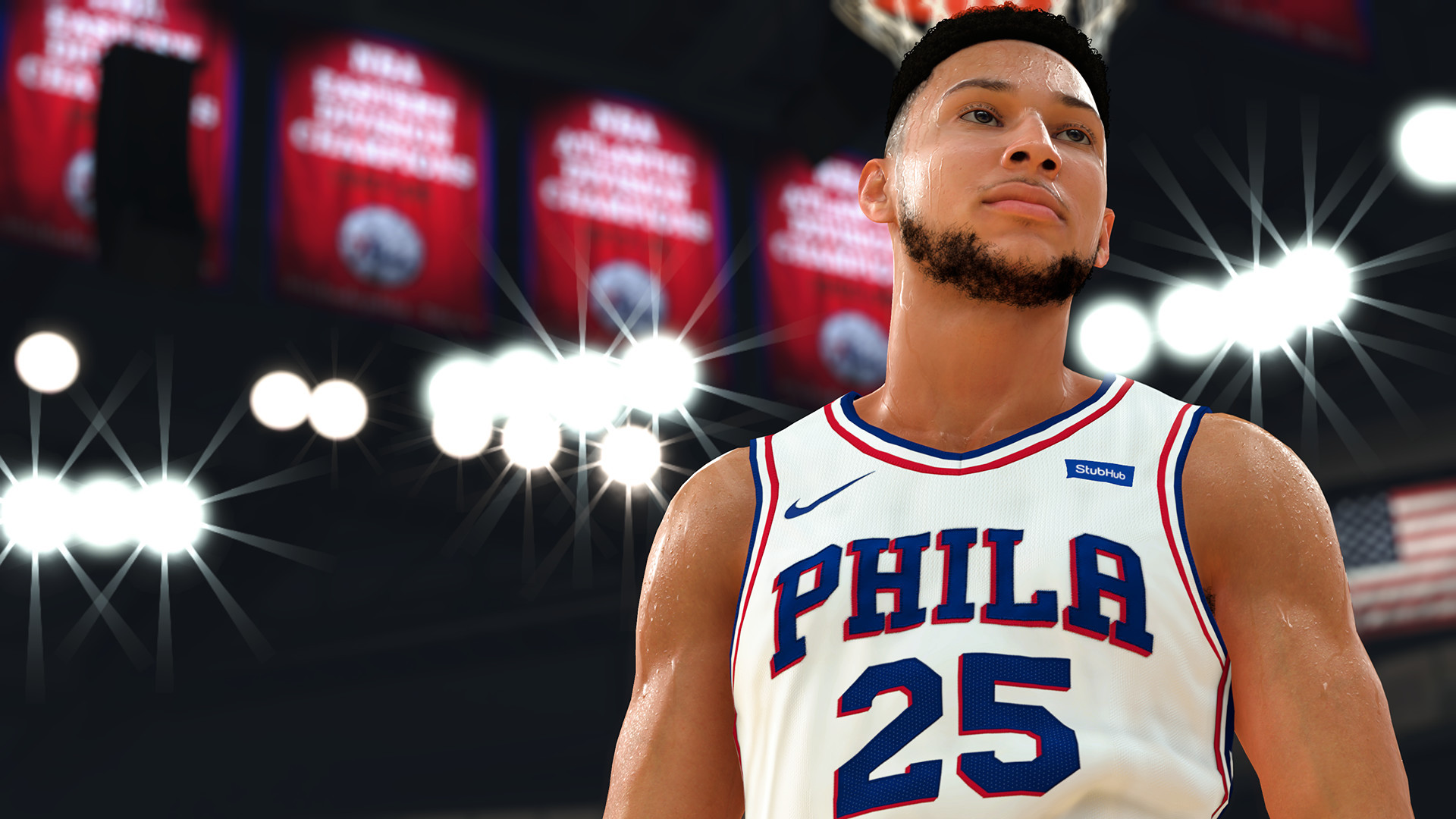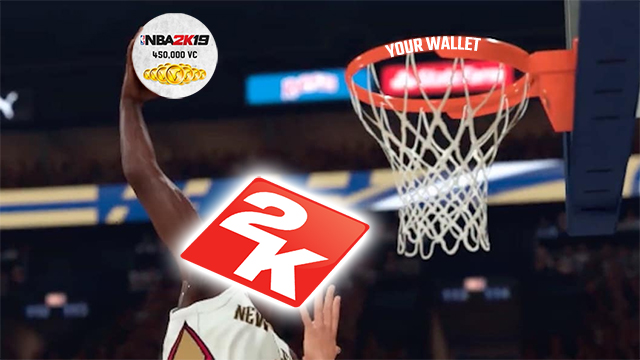Microtransactions won’t be disappearing anytime soon. Publisher 2K Games made that painfully clear when it revealed NBA 2K20‘s MyTeam trailer last week, showcasing the prize wheels, card packs, and pin ball machines that fans can spend real-world money on. While it seems like other genres have tried to implement sensible in-game transactions ever since controversy erupted around Star Wars Battlefront 2 in 2017, sports games have doubled down on the mechanic. And those sports games are why we will probably sadly never see the end of microtransactions.
ALSO: Why Battlefield 5 is a bigger disappointment than Star Wars Battlefront 2
Why Microtransactions Are Here to Stay | Publishers need to deliver

Consumers aren’t the only audience that publishers need to appeal to with their software offerings. Shareholders, for instance, expect a financial return on their investment — especially if the company they’re investing into is publicly traded. Vendors like GameStop and Best Buy expect to stop their shelves with sports-related merchandise when the holidays arrive and other studios depend on the money that sports titles generate in order to fund their projects. While there’s no way of knowing for sure, it’s possible that the microtransactions found in Sony Interactive Entertainment’s MLB The Show series provides the financial support for games like God of War, Bloodborne, or smaller titles like Concrete Genie.
Of course, publishers also need to deliver in order to keep their own doors open. Certain goals need to be met in order to finance the development and promotion of the next title in a sports series. In order for the cycle to continue and for this foundation to remain alive, Electronic Arts, Take-Two, and more most constantly reinvest into their franchises. Sports game aficionados have been trained to expect a new FIFA, Madden, and 2K game every year too, so these publishers need to maintain the momentum if they hope to remain profitable in the future. That yearly addition to the bottom line something the publishers likely can’t turn back from and probably a huge reason why they feel the need to keep putting microtransactions in sports titles. They are the golden goose that comes back to roost every year.
Why Microtransactions Are Here to Stay | Contracts are getting more expensive

Licensors are also important publisher stakeholders. In terms of sports games, major league organizations allow other publishers to use their well-recognized sports teams, courts, logos, and more in exchange for a royalty fee. For example, earlier this year, Take-Two Interactive agreed to pay the NBA $1.1 billion over the next seven years in exchange for the right to continue publishing its 2K franchise. Given how this is double the price of what the two parties agreed on in their previous agreement in 2011, it’s safe to say that sports organizations are catching on to the profitability of their licenses in the video game market. One can surmise that Sony Interactive Entertainment and Electronic Arts pay similar prices to MLB and FIFA, though exact numbers for each have not been disclosed.
Given how each contract presumably carries a high price tag today, it’s easy to see why many publishers are feeling the pressure and wish to offset the exorbitant royalty fees with microtransactions in attempts to still greedily keep the margins as wide as possible. EA CFO Blake Jorgensen stated that the publisher’s implementation of microtransactions via its Ultimate Team mode in FIFA, Madden, and the NHL garners nearly $650 million a year back in 2016. This amount may only account for a little more than half a contract for one license, if Take-Two’s agreement with the NBA can be considered a standard. It’s no wonder why Take-Two and 2K reached out to the Belgium Gaming Commission after it had outlawed games with loot box mechanics last year, as the loss of any market, no matter how small, could upset a publisher’s plans for profitability through sports licenses.
While sports licensors depend on video games to maintain the excitement for the ongoing or upcoming season, stoking their imaginations on how their favorite players will perform or what new acquisitions their favorite team will make, skipping a year or two won’t destroy their organizations. And it won’t destroy publishers either. But the rampant greed and the capitalistic push to always be striving for more, more, more will make anything less — like the absence of microtransactions — seem like an abject failure. These publishers are now structured in a way to “require” these microtransactions to function and always be trending upwards.
Why Microtransactions Are Here to Stay | Casual audiences don’t seem to care

People who don’t typically play video games probably aren’t well-informed with the current climate surrounding microtransactions in the industry. While no statistics have ever been compiled, it’s probably safe to assume that some or many people who purchase sports title every year are sports fans who don’t play other games often. Purchasing a few digital card packs and spending a bit of change on one’s MyTeam every once in a while may be worth the investment, especially if the title they’re playing is one of the only games they play all year.
You probably even know somebody who only buys a portion of the games you do and doesn’t see the problem in nickel-and-diming people with card packs in sports games. Ubiquitous mobile titles suited towards casual audiences (that likely overlap with sports games fans) have helped soften the blow a bit too. And since the casual playerbase that doesn’t care probably dwarfs the hardcore playerbase that does, it gives the impression that it doesn’t matter to most of the people who buy the game.
Though it may be tempting to pick up any of the titles listed above this holiday, those who despise microtransactions and the immense profit that companies like EA and 2K Games make every year should do their best to avoid them to make a statement. Speaking with one’s wallet remains one of the best ways to convince a business to change its practices. Playing basketball or soccer with friends in real life is a great alternative, too.







